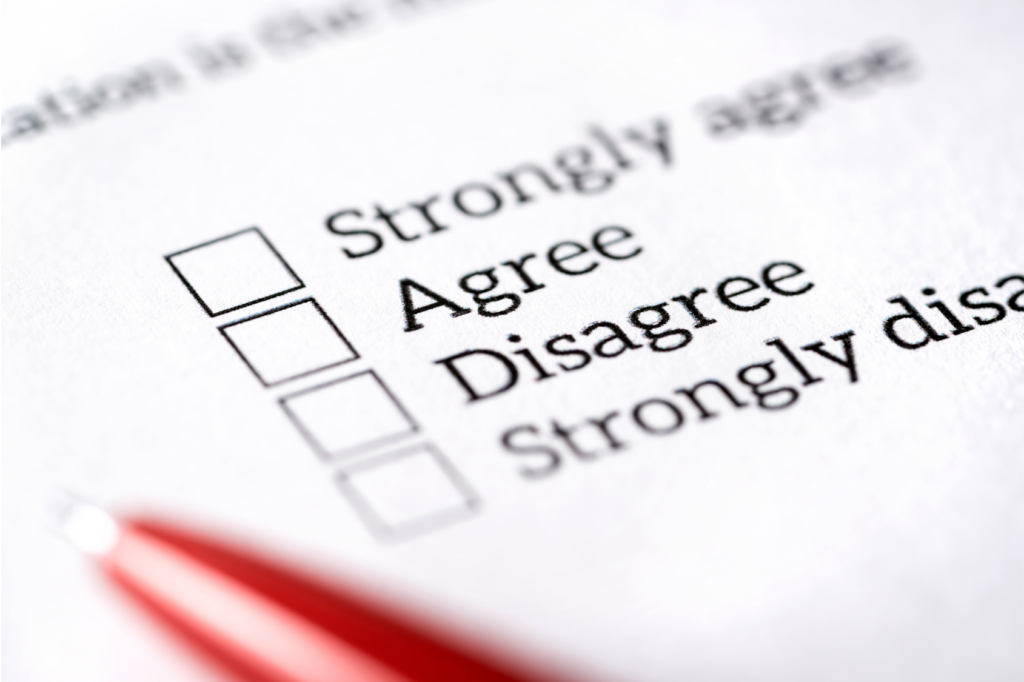By March Twisdale
Given the age demographics of Vashon-Maury Island, a considerable number of us grew up during a time when “trust in polls” was high. For decades, “exit polls” were especially accurate, with a nearly 100% accuracy rate when compared to actual election results. Then, things changed.
It’s universally acknowledged that polling results failed miserably during the 2016 United States presidential election. That consensus can be found everywhere, from Forbes, to Heavy.com, to Pew Research, and CBS. The question is, “Have we fixed our polling systems, and are they reliable?”
This matters, because our Washington State Legislature is currently in session. Bills have been drafted, presented, and are either dead in committee (like HB 1814) or moving forward. When our elected representatives decide which bills to stand behind, support, oppose, or vote for … what’s one of the first questions they ask? “Is it polling well?”
Maybe they should be asking another question? “How do we inspire American citizens to become more engaged?” On Tuesday, November 8, 2016, barely 20% of US citizens voted. As a result, from 2017-2020, 80% of us lived with an administration elected by a mere one-fifth of our population. Going back to 1996, about 100 million votes are tallied for each presidential election. In 1996, that was 34.7% of our population. This trend is discouraging, especially when you consider that Icelandic participation hovers around 81-87%.
Mature islanders, with a handful of decades under their belt, still think we live in a nation dominated by two political parties. Maybe, but for how long? According to the Pew Research Center, 34% of registered voters identify as Independents. This isn’t good or bad, but it leaves political parties (and representatives seeking re-election) in an awkward position, as they struggle to align their votes with the desires and demands of increasingly hands-off and unpredictable constituencies.
In the echoing silence, politicians turn to the familiar … the trusted … the polls. This is like asking an admitting nurse to diagnose a patient’s illness or injury simply by checking their pulse and blood pressure. Who can draft good legislation or represent their constituents based primarily on polling data (and lobbyists)?
“It’s time for politicians to grow a spine!” Heard this before? Me too. But, maybe it’s not our elected representatives that need a spine. Maybe it’s us? If we’ve become so tired, irritated, frustrated, overwhelmed (and lazy) that we’ve given up or turned away in disgust, what right do we have to point fingers?
It is our privilege (and our obligation) to be the wind beneath their wings. The gusts that blow their sails. The spine that holds them up, tall and strong. Imagine how the world would change if each of us sent one email a week, telling our elected representatives what we want them to do for us?
Not what we’re angry about. What we want. It starts with you and me. Be the change. Get involved.

